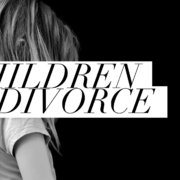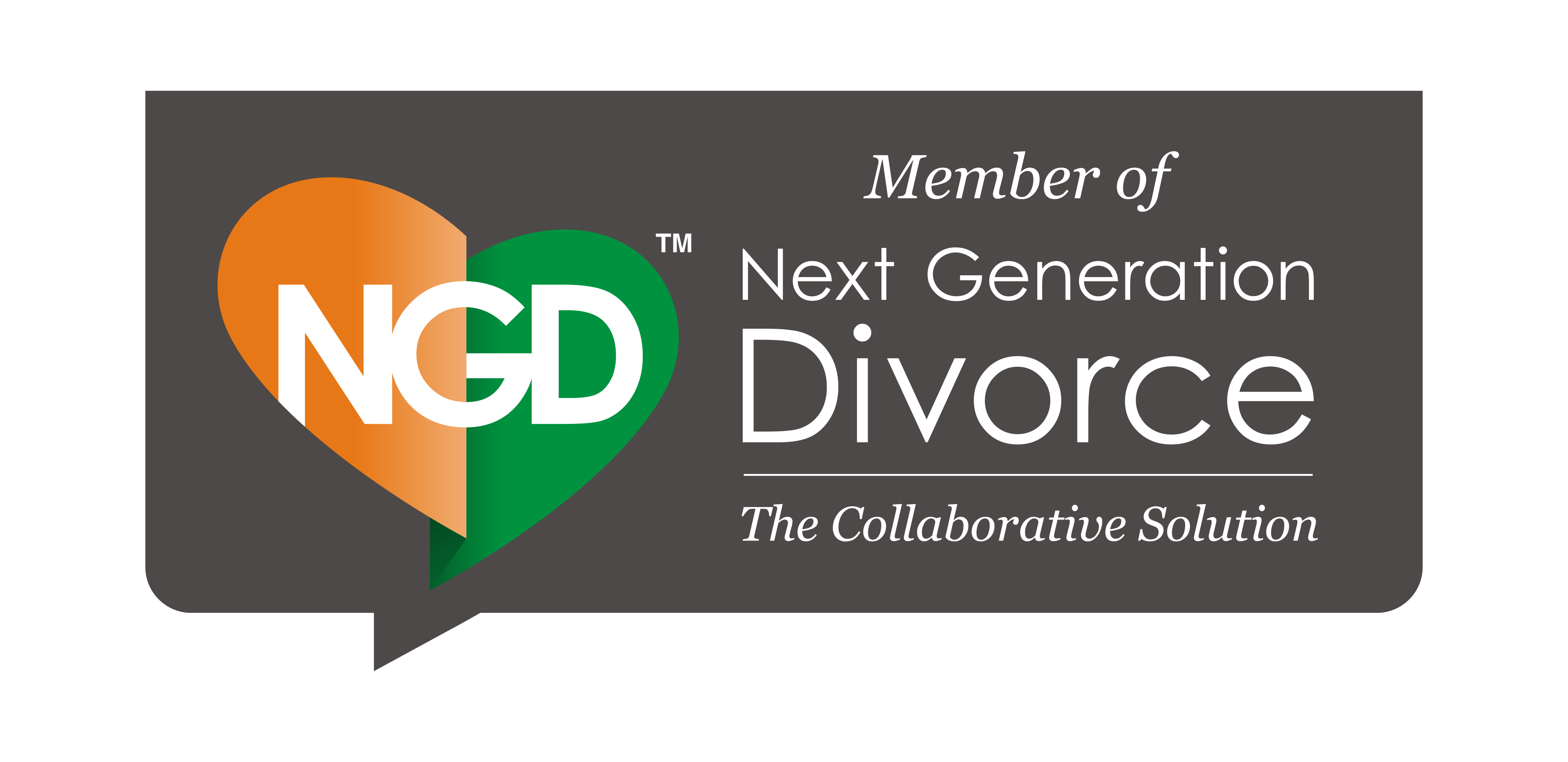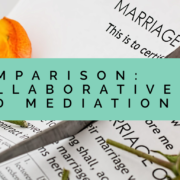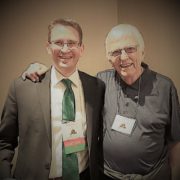In 2010, the International Academy of Collaborative Professionals (IACP) released the results of a 4 year study on Collaborative Practice. The results were based on information gathered from collaborative professionals who filled out a survey at the end of their case. The IACP Research Committee collected 933 surveys from throughout the United States and Canada, 97% of which were for divorce cases.
Remarkably, the IACP found that 86% of collaborative cases ended in a full resolution of all issues, while an additional 2% ended in reconciliation between the clients. Of those cases that terminated prior to a full agreement, 14% included a partial agreement between the clients, narrowing the issues that needed to be addressed.
In the aftermath of this research project, the IACP offered grants to local and statewide practice groups so that they could begin gathering data. The Florida Academy of Collaborative Professionals (FACP), an organization of over 500 independent collaborative professionals throughout the state of Florida, applied for IACP’s Gay Cox grant (named after a pioneer of the Collaborative Law Movement and proponent of research on the topic, who passed in 2013). The IACP approved the FACP’s grant request.

The results below are based on 101 responses, collected between December 16, 2013, and January 31, 2018. The authors note that data collection is ongoing, and encourage all professionals to complete and submit one survey at the end of each collaborative case. Surveys can be accessed and submitted via the member-only portal of the FACP website (http://collaborativepracticeflorida.com). For questions on the survey or accessing the members-only portal, professionals are encouraged to contact the authors.
Read more →
 In the video below, California attorney Pauline Tesler, a founder of interdisciplinary collaborative practice and the first president of the International Academy of Collaborative Professionals, addresses hidden assets:
In the video below, California attorney Pauline Tesler, a founder of interdisciplinary collaborative practice and the first president of the International Academy of Collaborative Professionals, addresses hidden assets:









